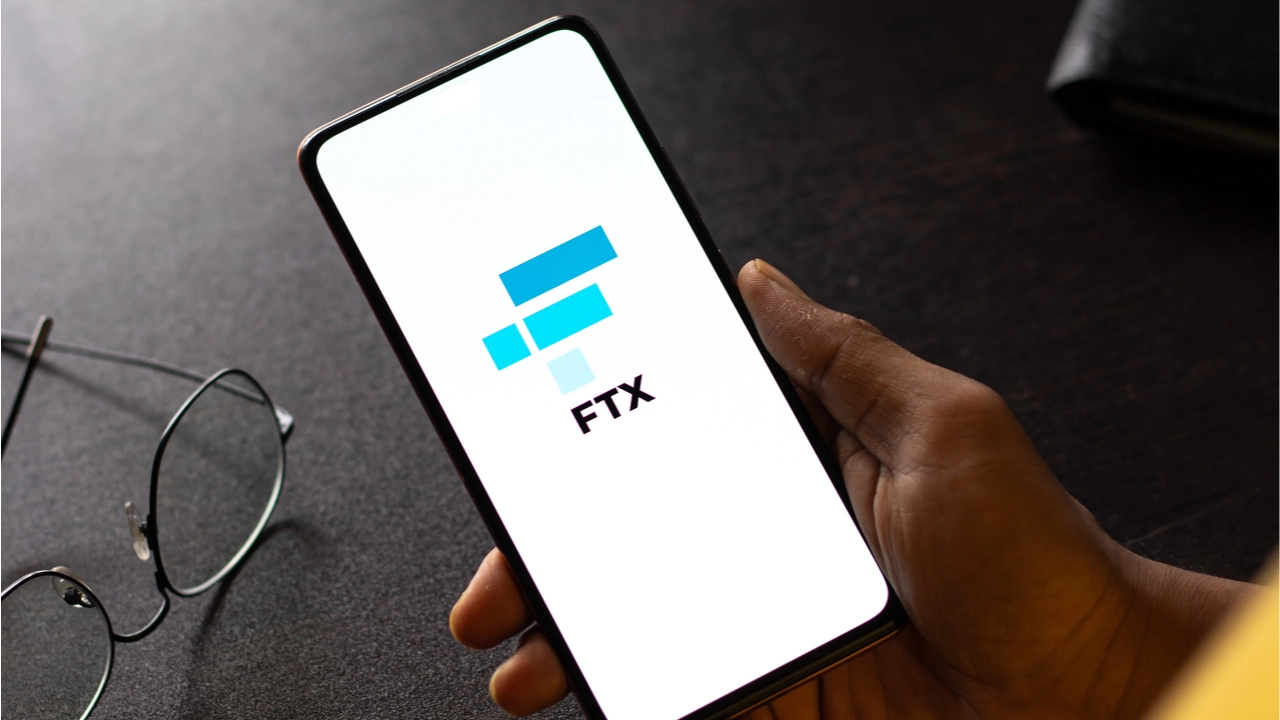FTX US Launches Zero-Commission Equities Trading Platform – On Thursday, FTX US announced the launch of FTX Stocks, an equities trading platform that will allow users in the United States to buy stocks and exchange-traded funds (ETFs). Equities can be purchased with fiat-backed stablecoins, and the launch is now in a private beta phase for select US consumers.
Customers who were part of the firm’s private beta waitlist can now use the platform to buy equities and ETFs. The new tool, according to the corporation, includes hundreds of select U.S.-exchange-listed common stocks, securities, and ETFs.
Also Read: Crypto Exchange Coinbase Slows Hiring Amid Market Downturn
FTX will also route the stocks trading platform orders through Nasdaq at first. Select securities will also be available for fractional share trading, according to the business. Users can buy stocks, equities, and ETFs with a stablecoin like USDC, a credit card, a wire transfer, or an ACH transfer.
In a statement, FTX US president Brett Harrison said, “Our goal is to deliver a holistic investment service for our customers throughout all asset classes.” “We have established a single integrated platform for retail investors to seamlessly trade crypto, NFTs, and traditional stock listings through a transparent and straightforward user interface with the launch of FTX Stocks.”
The startup will now compete with financial services companies like Robinhood, which offers users cryptocurrency, equities, and ETFs. Robinhood has recently added crypto asset services, same to how FTX US recently added stock purchasing choices. The company’s latest FTX Stocks feature also follows the purchase of over 8% of Robinhood shares by FTX founder Sam Bankman-Fried.
Also Read: Bitcoin Argentina NGO to Take Crypto Education to Schools
The fact that FTX US says no fees would be taken from approved brokerage accounts is another resemblance to Robinhood. According to the company’s release on Thursday, “FTX Stocks will give its consumers no-fee brokerage accounts, commission-free trading, and free market data and company fundamental data.” “In addition, the company elected to do away with the minimum necessary customer balances and tiered account structures that are customary among retail stock trading platforms.”




